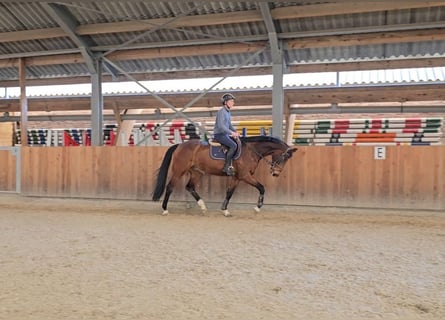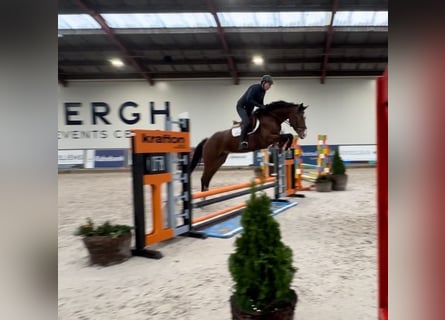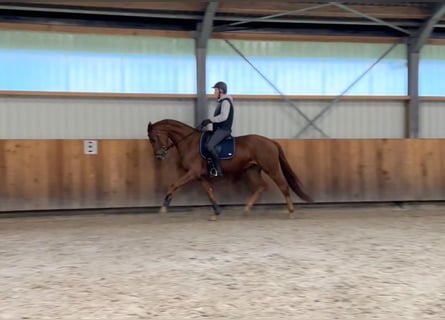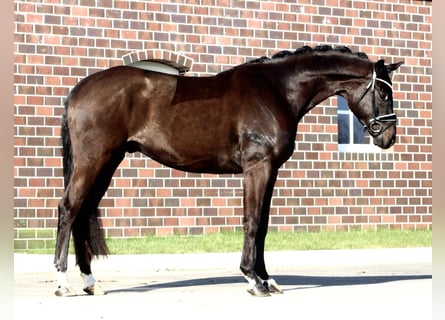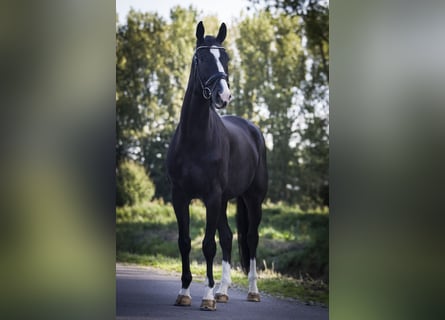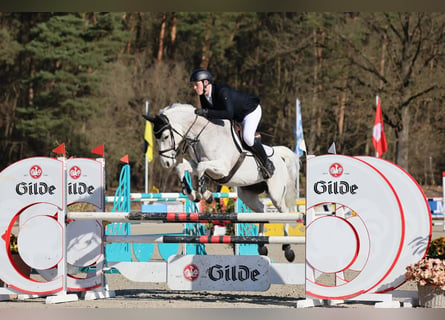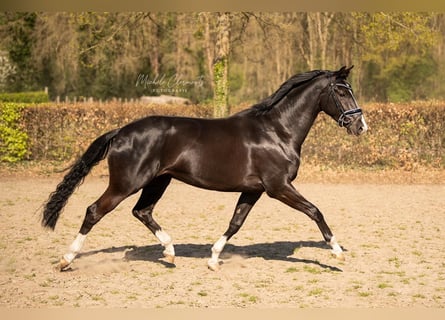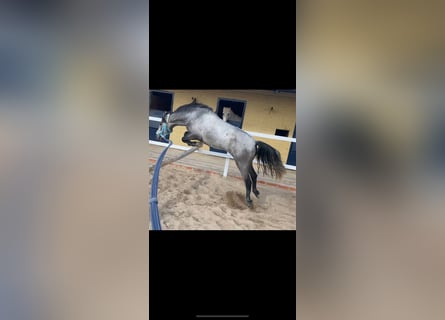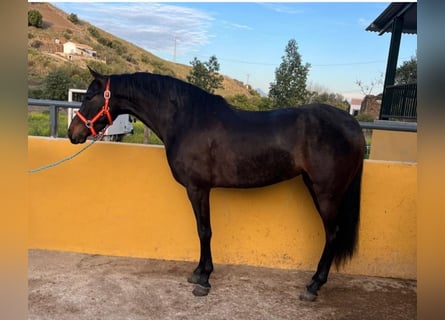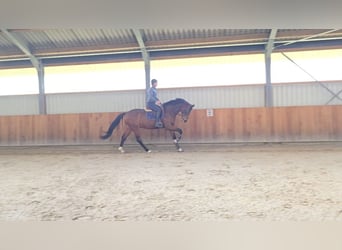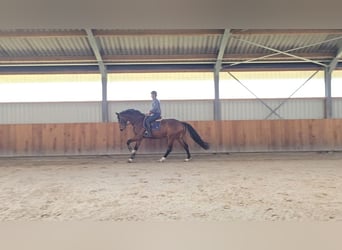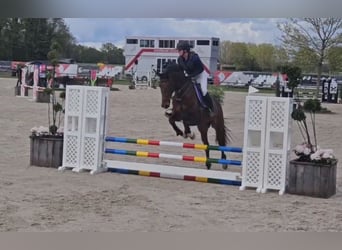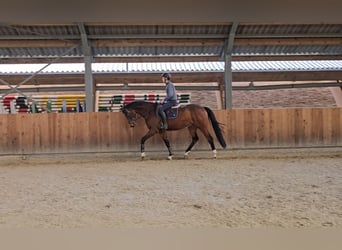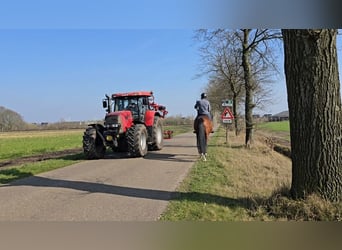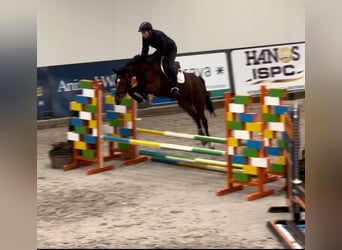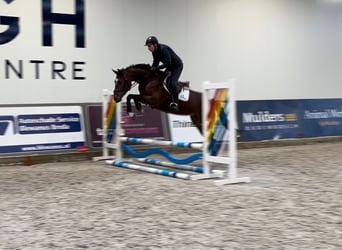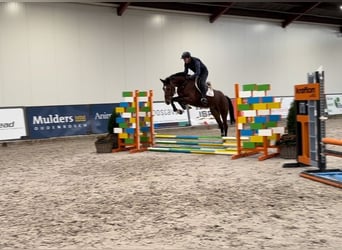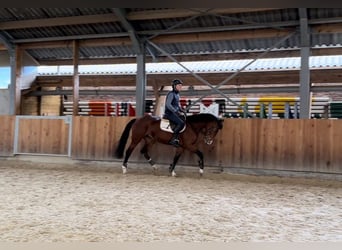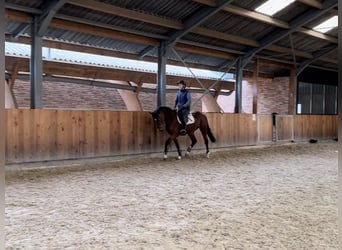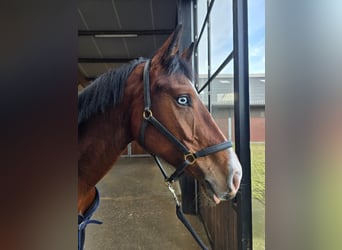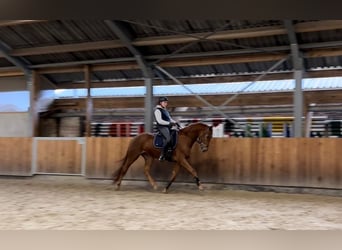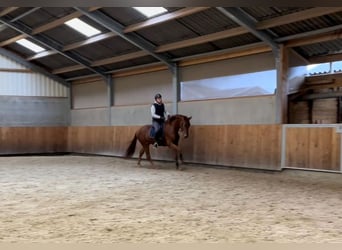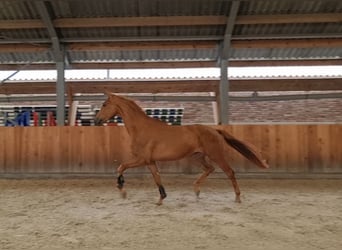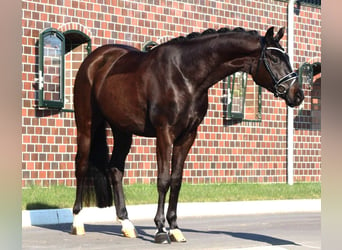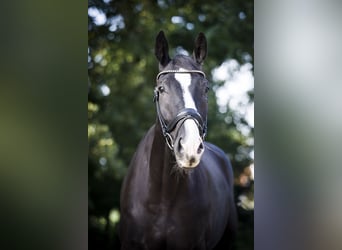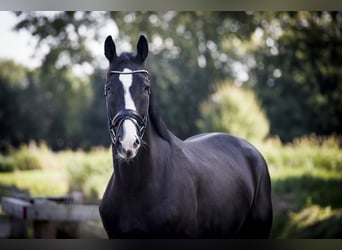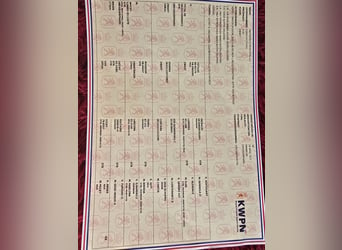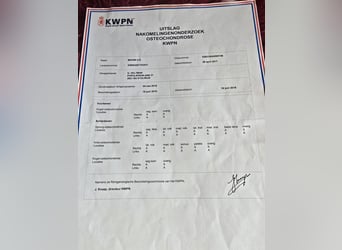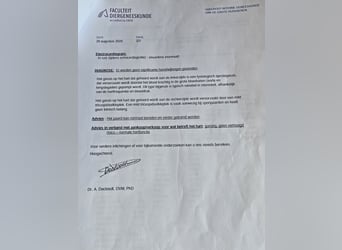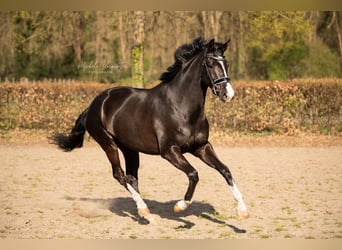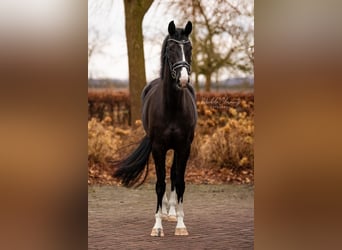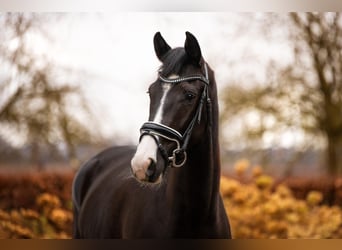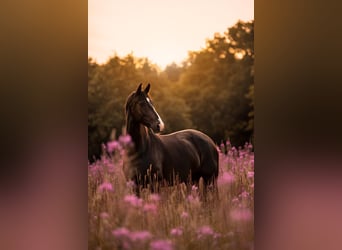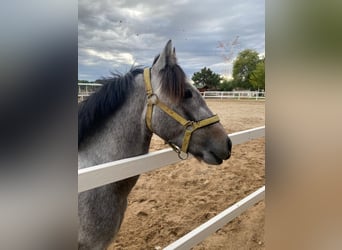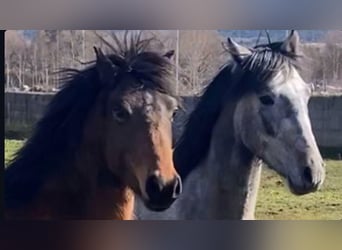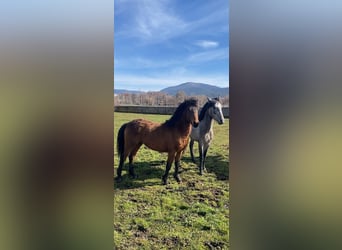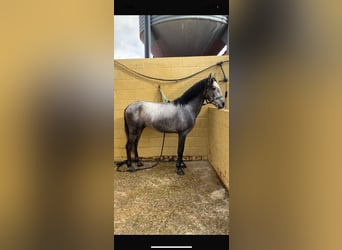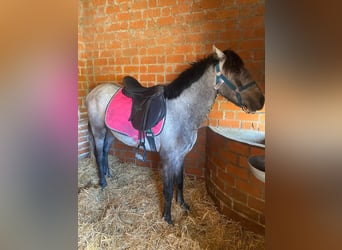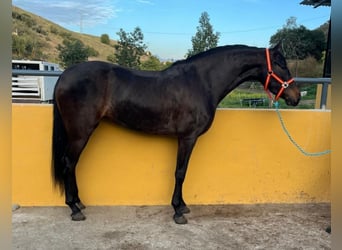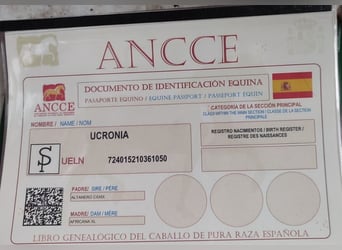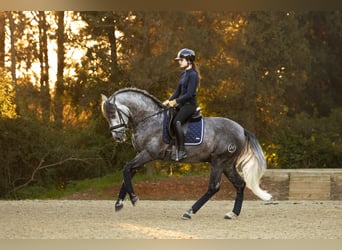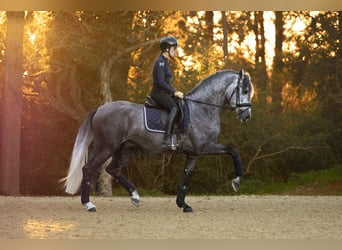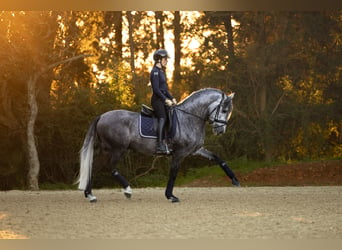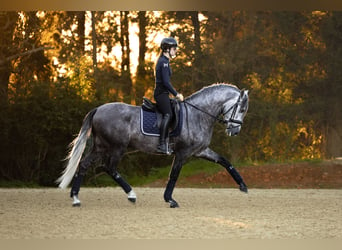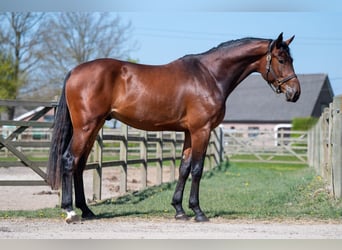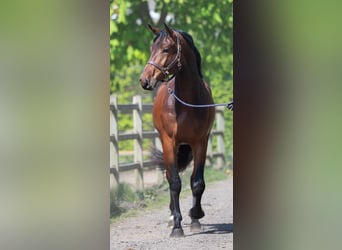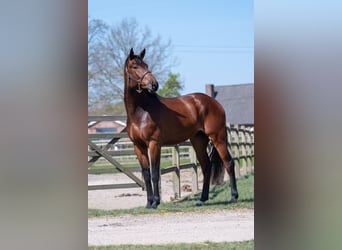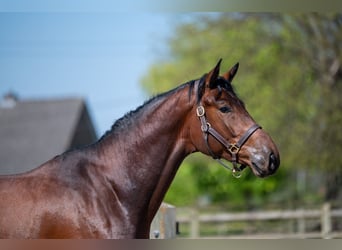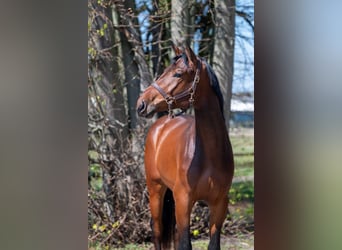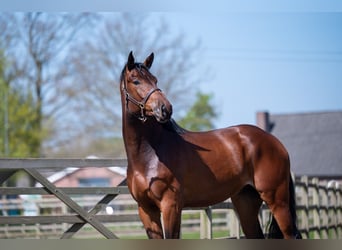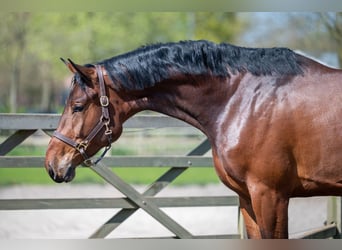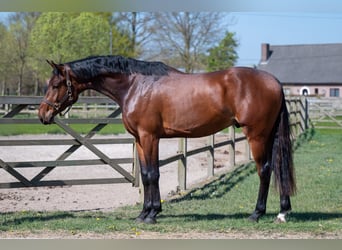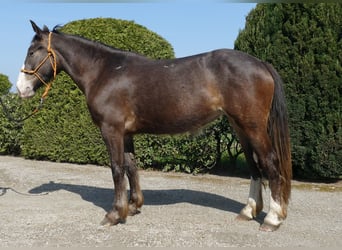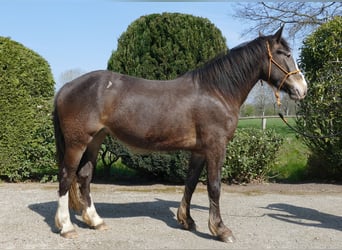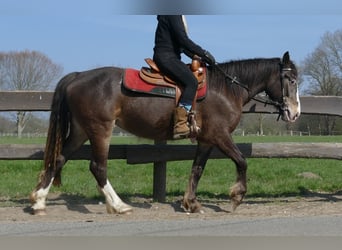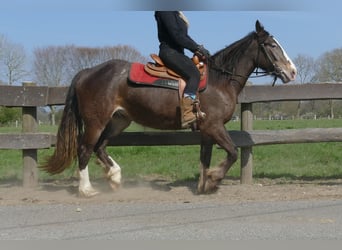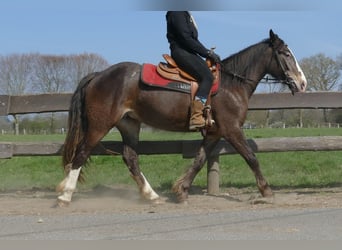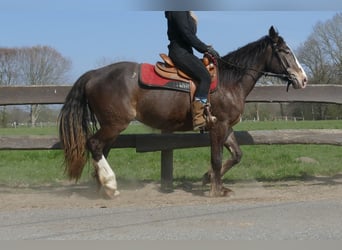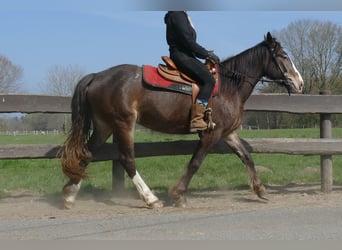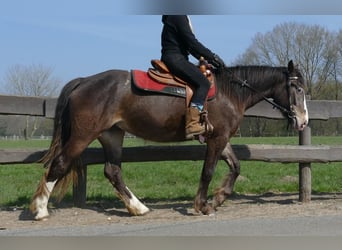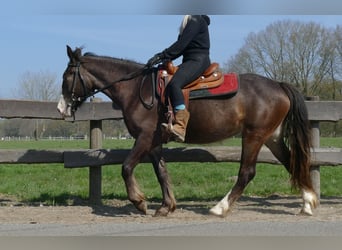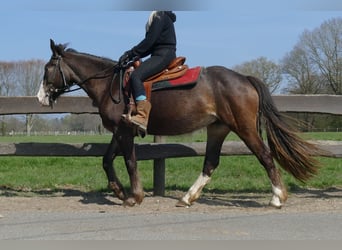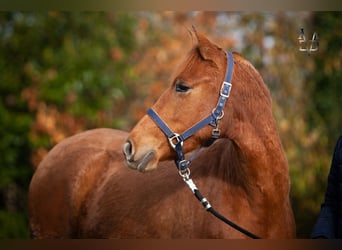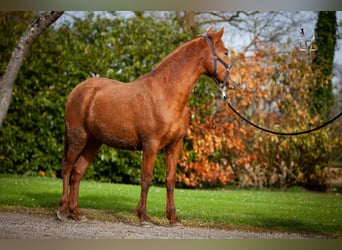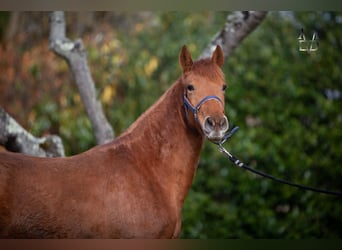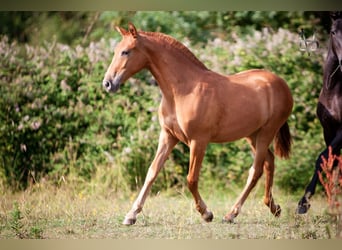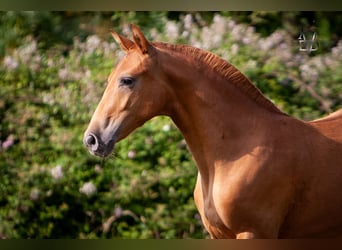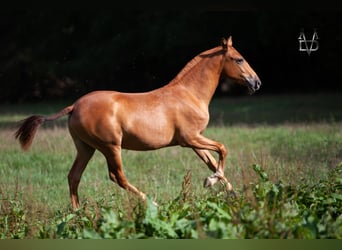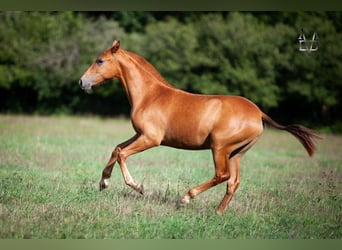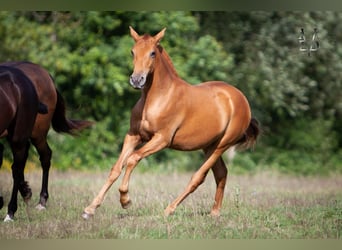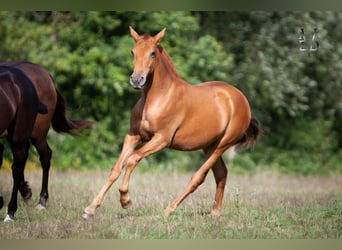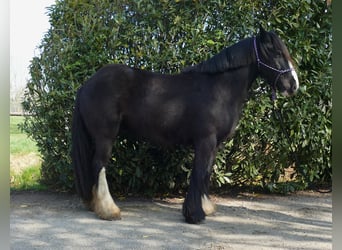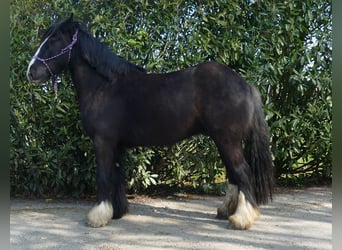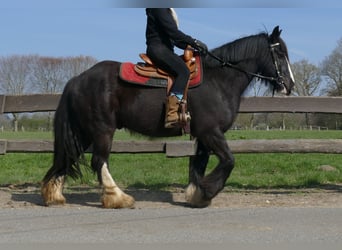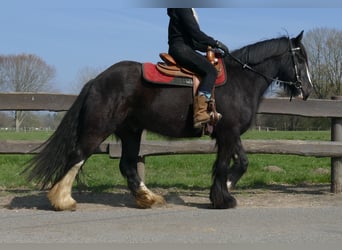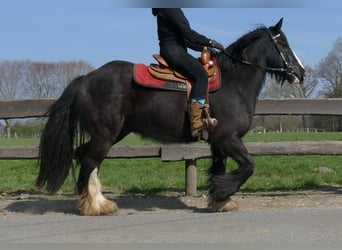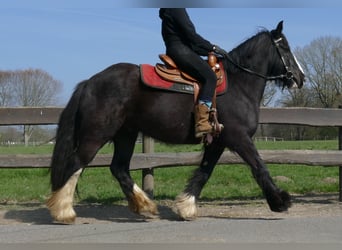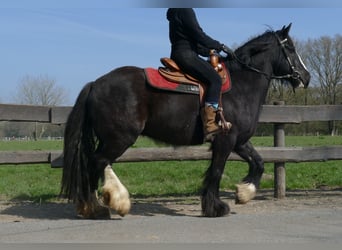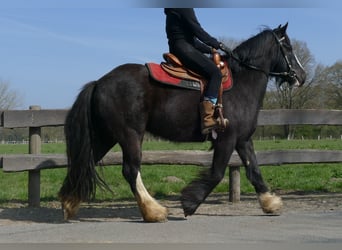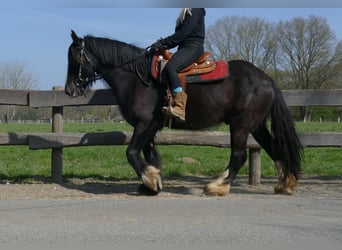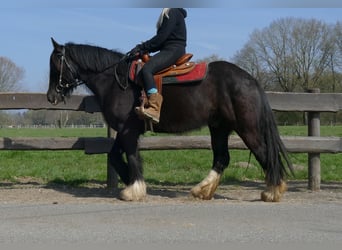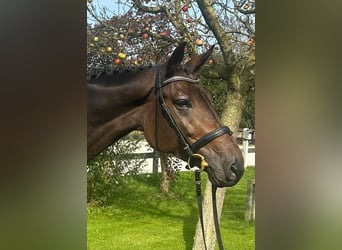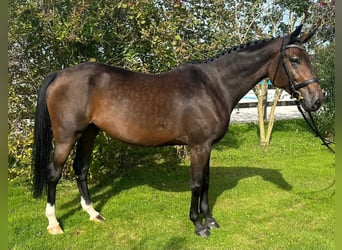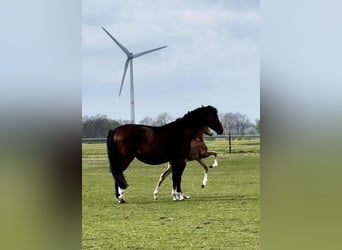NL
Selle Français - horses for sale
Page-1-Ad
In addition, interested parties can directly see more information. This significantly increases the number of potential buyers.

NL
NL
NL
NL
NL
DE
NL
ES
ES
ES
ES
DE
ES
NL
DE
DE
FR
DE
DE
DE
The Selle Français is an outstanding French warmblood, the work of many decades of selective breeding based on Anglo-Norman and other French, European and British stock. Since the mid-twentieth century, the focus has been on producing a first-rate sports horse for competing in international events. Many leading equestrians now choose a Selle Français because of their proven success at the highest competitive level. Trainers who sell a Selle Français know their horse is now one of the leading sports breeds in the world.
Use and characteristics of the Selle Français
The Selle Français is a tall warmblood, ranging from 15.1 hands (61 inches/155 cm) to 17.3 hands (71 inches/180 cm) high. Their height, leg length and powerful hindquarters give them the lift required for show jumping, at which they excel. Their world-class reputation in this sport is the reason many equestrians buy a Selle Français. Breed selection is based on ability. This means that breeders who sell a Selle Français ensure that the ancestry includes stallions that have passed the ability selection process for registration. Coat colours are mainly bay and chestnut.
Origin and history of breeding the Selle Français
The modern Selle Français, or French Saddle Horse, owes a great deal to its Norman ancestors, particularly the Anglo-Norman horses of the nineteenth century. This region had been famous for quality horses since the days of William of Normandy. In medieval times, the Norman Cob was valued for its power as a war horse. Later, this type would develop into a renowned draught and utility horse on Normandy farms. In the nineteenth century, the Norman horses were crossed with Thoroughbreds to produce a lighter, active horse called the Anglo-Norman. Other crosses with Norfolk Trotter stallions laid the foundation for the internationally famous French Trotters. From the early twentieth century, all crosses between French breeds and other breeds and types were known as demi-sang, or "half-blood" horses. The Selle Français Stud Book was set up in 1958 in order to draw the demi-sang horses into one registry. By this point, there were identifiable demi-sang regional variations in addition to the Anglo-Norman. These included the demi-sang du Centre, produced in and around Cluny, the Charolais of Charolles, and the Vendéen of La Roche-sur-Yon. The creation of a single registry meant that French breeders could now focus on sports horse breeding since it was clear that this would be the future after mechanisation ended the era of the working horse. The breed association today is the ANSF (Association nationale du selle français, or National Association of French Saddle Horses). Crosses of Anglo-Arab, Thoroughbred, Arabian and French Trotter have always been permissible, and these breeds have been very influential on the Selle Français. The Stud Book today also permits the inclusion of horses that meet the “facteur de selle français” standards. This means that this outstanding competition horse has helped to develop many modern European warmbloods and has also been influenced by them.
Selle Français horses in equestrianism
The modern Selle Français is an all-round athlete, taking part in a range of activities including eventing, driving and endurance riding. They are the horses that the Cadre Noir, the elite French Riding School, mainly uses for haute école training and displays. The breed is probably most famous for show jumping, having had many successes at international level. Examples include I Love You and Galoubet A, a member of the French show jumping team that took gold at the 1982 World Championship. Baloubet du Rouet and rider Rodrigo Pessoa were the gold medal winners at the 2004 Olympics.
Interior of Selle Français
The Selle Français is known for its intelligence, courage, and willingness to work. These horses are quick learners and are generally quite obedient and willing to please their riders. They are also known for their high energy levels and athleticism, which make them well-suited for a variety of sports. Selle Français horses are often described as being sensitive and can be easily spooked if they are not handled with care. However, with proper training and socialization, they can become very reliable and trustworthy mounts. They are known for their competitive spirit and will to win, which makes them popular choices for riders who are looking to compete at a high level.
Exterior of Selle Français
The Selle Français is a medium-sized horse, typically standing between 15.2 and 17 hands tall. They are typically muscular and athletic, with long, powerful legs and a well-defined neck and shoulder. Their heads are refined and elegant, and they have expressive eyes and ears. Selle Français horses come in a variety of colors, including bay, chestnut, black, and gray. One of the distinguishing features of the Selle Français is their powerful hindquarters, which give them the ability to jump and move with great power and grace. They are also known for their fluid movement and grace under saddle, which makes them well-suited for dressage.
History of Selle Français
The Selle Français was first developed in France in the mid-19th century, as part of an effort to create a high-quality sport horse breed. The breed was created by crossing local French mares with Thoroughbred stallions, and the resulting horses were refined over time by continued breeding and selection. In the early 20th century, the French government established a national stud book for the breed, which helped to solidify the Selle Français as a distinct and recognizable breed. Today, the breed is recognized and celebrated for its athleticism, versatility, and beauty, and is a popular choice for riders around the world.
